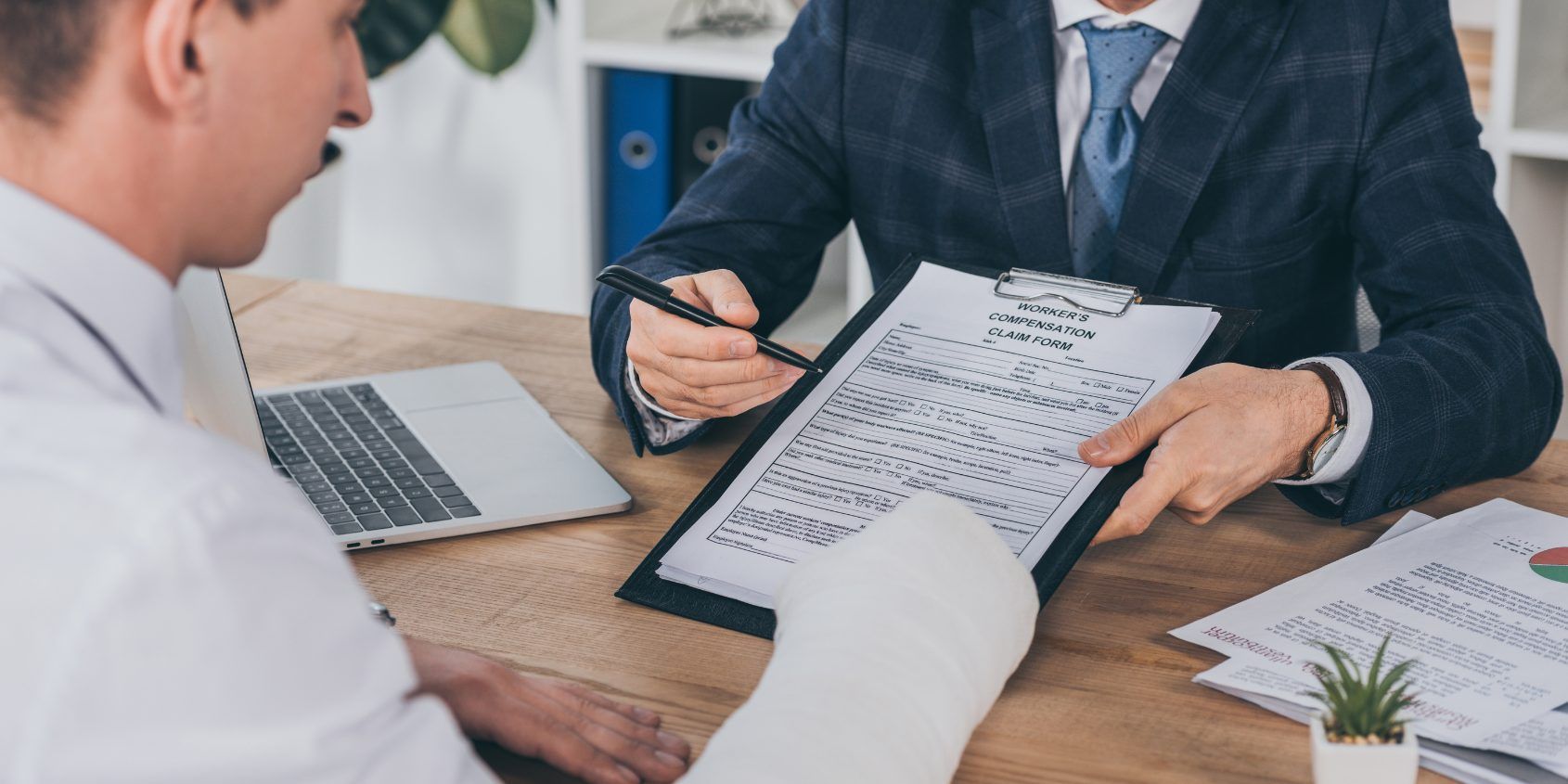Witnessing documents and COVID-19
Kells Lawyers • April 23, 2020
Effective 22 April 2020, video-conferencing technology may be used as a platform to witness various legal documents instead of requiring a witness to be physically present.
The Electronic Transactions Amendment (COVID-19 Witnessing of Documents) Regulation 2020 (NSW) is now in force. Given the stay at home rules currently in place in NSW, this will be a welcome change to allow important documents to be signed from the comfort of a person’s home.
What can be witnessed?
The Regulation provides that the following documents may now be witnessed remotely:
- a Will
- a Power of Attorney or an Enduring Power of Attorney
- a Deed or Agreement
- an Enduring Guardianship appointment
- an Affidavit (including an annexure or exhibit to the Affidavit)
- a Statutory Declaration.
How does remote witnessing occur?
A witness must still observe the person signing the document in real time to confirm the signature is legitimate, except there is no longer the requirement to be physically present.
The witness must also be ‘reasonably satisfied’ that the document that the witness later signs is the same document (or a copy of the document) signed by the signatory. This is evidenced by the witness endorsing the document (or copy of the document) with a statement:
1. specifying the method used to witness the signature of the signatory
2. that the document was witnessed in accordance with the Regulation.
After observing the signature of the signatory, the witness may then:
- sign a counterpart of the document as soon as practicable after witnessing the signing; or
- if the signatory is able to scan and send a copy of the signed document electronically, the witness would then countersign the document as soon as practicable after witnessing the signing.
While the Regulation confirms the above methods as suitable, it contemplates that there could be other ways for a witness to confirm that the signature was witnessed.
What technology is eligible?
The Attorney General of NSW has explicitly listed Skype, WhatsApp, FaceTime and Zoom as eligible technology, however, the regulation ultimately describes eligible technology as “technology that enables continuous and contemporaneous audio and visual communication between persons at different places, including video conferencing.”
This means that the countless other programs used by android users such as Google Hangouts, Duo, Viber, Glide and Imo may be suitable. Similarly, it is likely other social media platforms such as Snapchat or the increasingly popular Houseparty may also be suitable technology.
While any reliable software that enables continuous audio and visual communication in relation time will be likely be acceptable, it is important to ensure only the most secure and reliable technologies are chosen.
Other changes
In order to facilitate the witnessing of documents during COVID-19, the categories of people who are authorised to witness documents has been expanded.
An Australian legal practitioner can now take or make any oath, Statutory Declaration or Affidavit required for the purpose of any court or tribunal, the registration of any instrument or for arbitration. (In NSW normally this would require a notary public, justice of the peace, British Consular Officer or an Australian Consular Officer).
In addition, Statutory Declarations (other than those above) can now be made before a wider range of authorised witnesses, including medical practitioners, dentists and pharmacists. A full list of these witnesses can be found here.
Key takeaways
- The current COVID-19 pandemic has undoubtedly been the catalyst for changing the way many businesses operate on a daily basis, including legal services.
- As a result, the New South Wales Government has introduced the Electronic Transactions Amendments (COVID-19 Witnessing of Documents) Regulation 2020 (NSW).
- The Regulation aims to reduce face-to-face contact, by allowing video-conferencing technology to be used as a platform to witness various legal documents.
Image Credit - Fizkes © Shutterstock.com

Kells has been delivering outstanding services and legal expertise to commercial and personal clients in Sydney and the Illawarra region for more than five decades. Our lawyers are savvy and understand your needs.
Subscribe
Want to get the latest articles and news delivered to your inbox?




